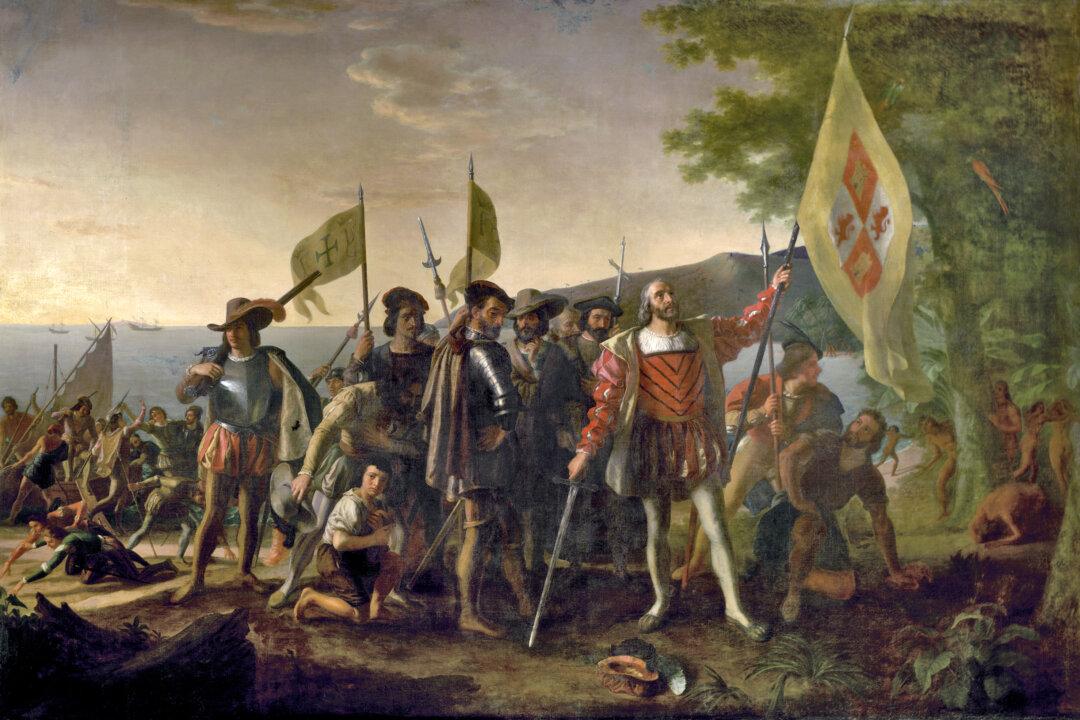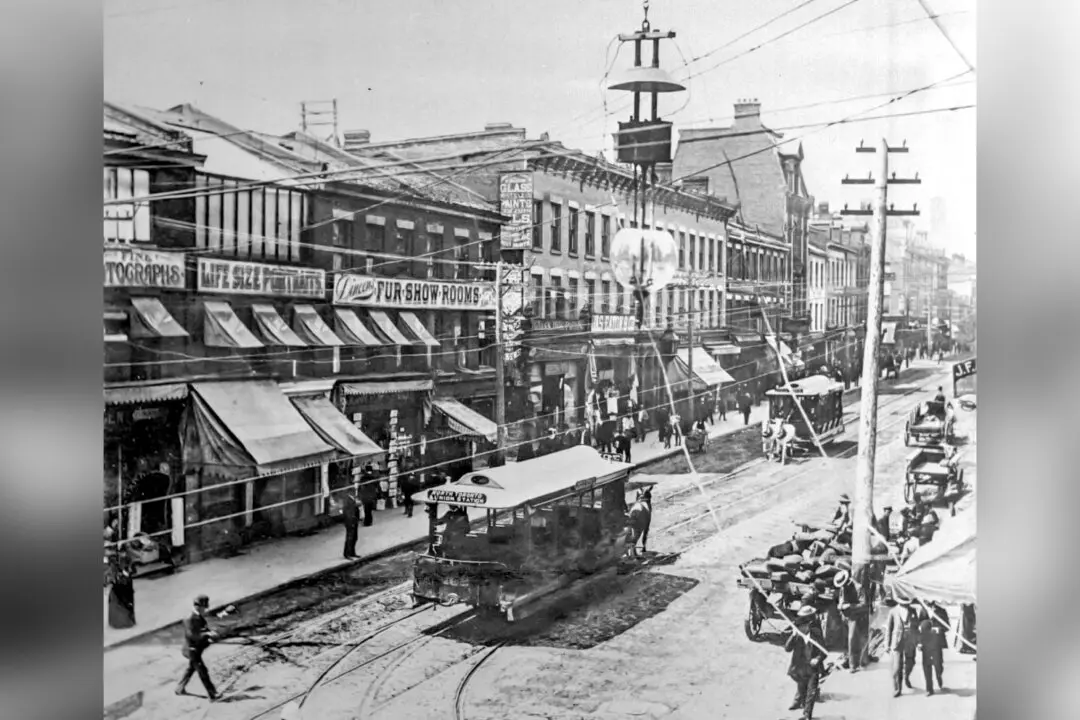Commentary
By the late 15th century, European marine technology had advanced to the point that long ocean-going voyages were possible. Ships stout enough to withstand the perils of the Atlantic had been designed, new arrangements of lateen and square sails meant harnessing the wind more effectively, and navigational skills and aids such as the compass and astrolabe had permitted sailing into waters far from familiar coastlines.





